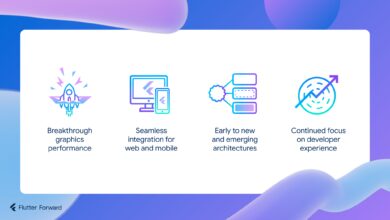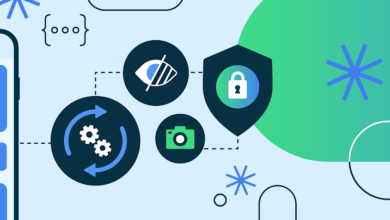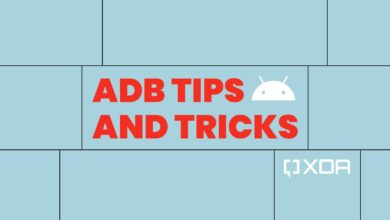
Android 10 is the latest substitute to Android from Google, bringing alongside a good few enhancements to the mature OS. Most changes and new choices on the newest substitute each get highlighted by Google themselves all through Google I/O or are discovered shortly after public supply launch. Nevertheless some notable changes do tend to slip under the radar, surfacing months later when someone by likelihood stumbles upon them. That is what is going on on this case because of as a result of it appears, Android 10 permits builders to ask their prospects within the occasion that they want to retain app information sooner than their app is uninstalled.
A modern report from AndroidPolice highlighted this efficiency. Apps like WhatsApp and ASR Voice Recorder have begun offering Android 10 prospects an option to retain the knowledge of an app that is about to be uninstalled.

Checking the sphere confirmed above retains the app information on the cellphone whatever the app being uninstalled. If you happen to reinstall the app, you will be once more to the equivalent state all through the app as in case you occur to had certainly not uninstalled it inside the first place.
Mishaal did just a little bit investigating on what is going on behind the scenes. To understand that, you may wish to understand first how apps on Android can retailer recordsdata in your machine, and there are three main locations for storing recordsdata:
- App-specific Itemizing inside the interior (user-inaccessible with out root) storage: These folders are positioned at /information/information and are not accessible to totally different apps, or when the particular person ordinarily plugs their cellphone proper right into a PC. Apps don’t desire permission to jot down recordsdata to their very personal app-specific itemizing on this location.
- App-specific Itemizing inside the exterior (user-accessible) storage: These folders are positioned at /information/media/{particular person}/Android/information and are accessible to totally different apps with the suitable permission, and to the particular person after they ordinarily plug of their cellphone to a laptop. Apps don’t desire permission to jot down recordsdata to their very personal app-specific itemizing on this location, nonetheless they do need permission to entry information from totally different apps, as talked about beforehand.
- Any itemizing inside the exterior (user-accessible) storage: Apps can request permission to entry the outside storage, allowing the app to create regardless of folder it should on the outside storage to retailer regardless of it wishes to retailer proper right here.
Extending WhatsApp’s occasion, WhatsApp’s app-specific itemizing in interior storage resides at /information/information/com.whatsapp; its app-specific itemizing in exterior storage resides at /information/media/{particular person}/Android/information/com.whatsapp; and its custom-made itemizing in exterior storage resides at /information/media/{particular person}/WhatsApp.
Earlier to Android 10 and earlier to builders enabling this for his or her apps, when an individual uninstalls an app, its app-specific directories in every interior (/information/information) and exterior (/information/media) storage are deleted by default. The extra directories on exterior storage aren’t deleted, and also you may wish to manually eradicate them or use an app like SD Maid to do it for you.
With Android 10, app builders can add a specific flag to their Manifest known as “hasFragileUserData” that permits them to ask the particular person within the occasion that they want to retain the app’s information upon app uninstallation, which is what you see above inside the screenshot. If you happen to do uninstall an app with the checkbox toggled to retain the app information, Android will retain and by no means delete the app-specific directories inside the interior and exterior storage. We confirmed this by checking the directories for apps that have not added the Manifest flag, and folks like WhatsApp which have added the Manifest flag.
On the ground, having the selection is wise as prospects can shortly uninstall apps and nonetheless return to their earlier state upon re-installation, which should keep away from losing hassles of backing up and restoring the app on the equivalent machine. Nevertheless, keep in mind the truth that /information/information is not accessible with out root, so that you simply as an individual cannot use this course of for root-free backup and restore all through models. Moreover it’s not doable for patrons to delete the recordsdata left behind in /information/information with out root; so in case you occur to do want to clear the recordsdata eventually, you’ll wish to reinstall the app, after which uninstall it with out ticking the checkbox. Use this choice for too many apps, and likewise you’ll seemingly overlook which apps you as an individual had chosen. Since that’s non-compulsory for builders to include, after which non-compulsory for patrons to resolve on, we do actually really feel that’s an basic constructive change that gives further power to the tip particular person.









